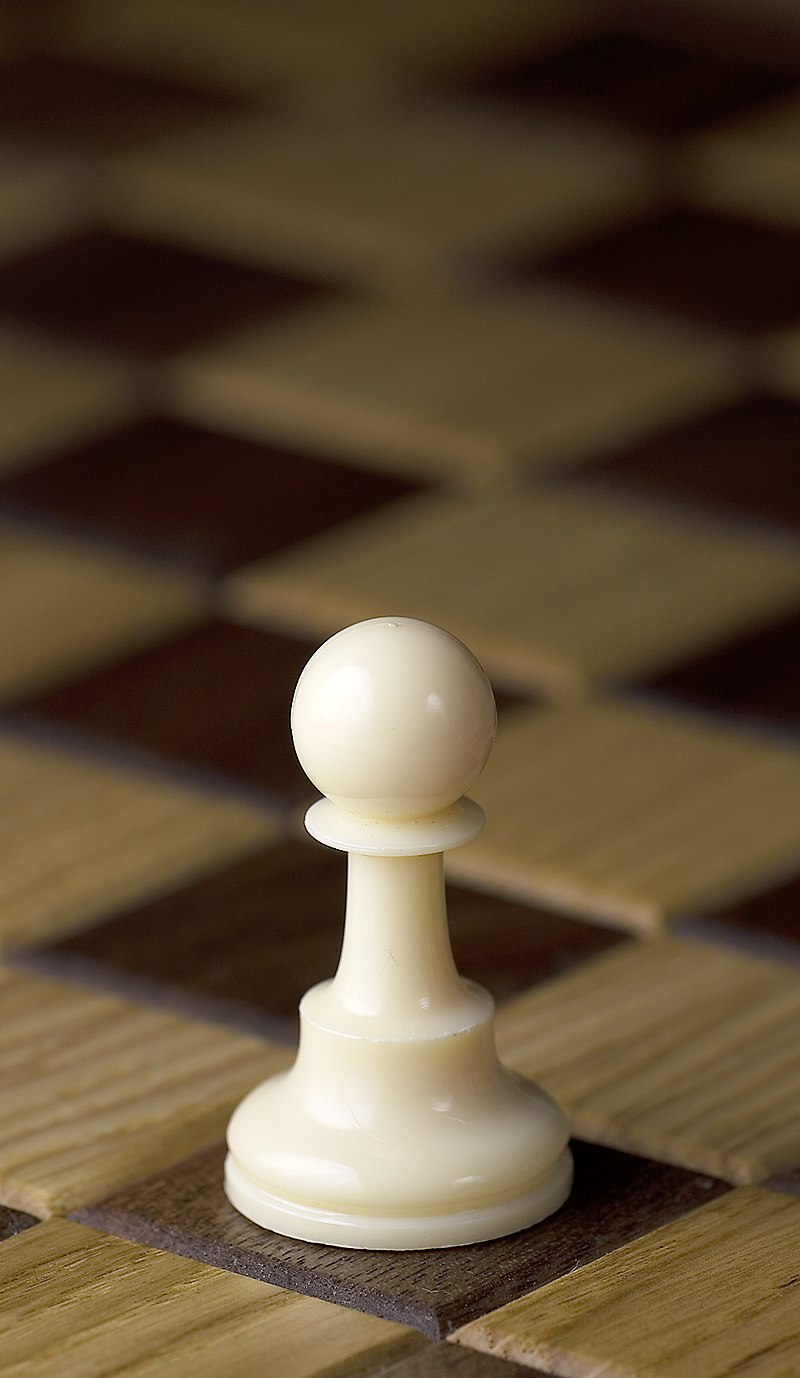JULY 21, 2024 – Most people aware of current events are familiar with the name, Evan Gershkovich, or more precisely, “Evan Gershkovich, reporter for The Wall Street Journal.” I am more familiar with the name because I’m more mindful of it; more attentive since Mr. Gershkovich is a fellow alumnus of Bowdoin College in Brunswick, Maine (Class of 2014). Given that the relatively small Bowdoin community is large in fortified loyalty, the college has done a persistently good job of supporting its own.
In a recent closed trial Evan was sentenced to 16 years hard labor in a Russian labor camp. I doubt he’ll be granted any time off for good behavior, but in a cynical nod to critics of the Russian legal system, his captors say that the sentence will be reduced by the 15 months of incarceration endured thus far by the American journalist. Having read One Day in the Life of Ivan Denisovich by Alexandr Solzhenitsyn, I’m notionally aware of what a day in a Russian labor camp might entail, but I doubt a work the length of War and Peace could fully acquaint me with what a decade and a half of continuous survival efforts would do to mind, body, and soul.
The exact number of Americans languishing in Russian prisons is unknown. There are at least five detainees, including the two best known cases, Gershkovich and Paul Whelan. We know something about the charges against the five, but the case against Evan Gershkovich, a journalist, is most troubling—for two reasons.
First, he’s a journalist. A philosophy major in college, Evan got his start in journalism writing for The Bowdoin Orient, the oldest continuously published student newspaper in America. He went to work for The Wall Street Journal in 2022. Calling him a spy doesn’t make him a spy, especially in light of zero evidence—let alone proof—that he was engaged in espionage. If you examine Evan’s articles, you’ll find the highest level of journalism in one of the nation’s outstanding daily newspapers—“the Journal,” as it’s aptly called by subscribers accustomed to its long-standing tradition of world class reporting.
Autocrats don’t like to be criticized—not simply because they might lack thick skin but because open criticism threatens their grip on power. In this regard Putin’s autocracy is no different from other dictatorships. Journalists like Gershkovich are in fact a bigger threat to Vladimir’s regime than any espionage agent ever could be. But on the world stage, an autocrat is constrained not to sound or look like a dictator. Thus, Putin would avoid the charge of having ordered Gershkovich’s arrest because the American is a journalist. Instead, according to The Autocrat’s Guide to Propaganda, Gershkovich was a spy masquerading as a journalist. And in Russia, to be accused of a crime is to be convicted and sentenced all in one ride to Lubyanka (the centuries-old prison in Moscow) or its equivalent in a place like Yekaterinburg, where Gershkovich is now detained.
Notable—and disturbing—is the contrast between lip-service that the Russian autocrat assigns to “journalism” and the language that the ex- and potentially next-president of the American democracy uses to describe journalism. Under Putin’s regime there is no overt criticism of the concept of “journalism. This is because in Russia, journalism, as it were, serves the regime in both conceptual and practical terms. In America, the man who was and seeks to be president again, calls journalists, “enemies of the people.” This is because journalists criticize the man’s autocratic threats and designs, underscoring exactly why an independent press (now in its myriad forms) is so crucial to the preservation of democracy.
The foregoing leads to the second troubling aspect of the Evan Gershkovich case: Putin’s real game is less about muzzling the journalist and more about chess. Infinitely cleverer than his friend in Mar-A-Lago, Putin might well transform Gershkovich into a pawn on a geopolitical board. Addicted to false adulation to satiate an unquenchable narcissistic thirst, the all-too willing “friend” has no compunction about violating the law and accepted norms or contemptuously rejecting good judgment. He’s as easy a mark as any Putin could find. Putin’s biggest challenge around the “mark” is maintaining a straight face.
“Move the pawn here,” Putin says.
“Where?”
“Here,” says Putin, pointing to a square labeled, “Classified: Top Secret.”
“Okay. When?”
“When I tell you.”
“Okay.”
Putin then lines up his bishop diagonally with the man (or woman, if between now and the move, Harris replaces Biden) who is currently president of the United States. The only piece between bishop and king is . . . the pawn. “Now, your move, Mr. T—as I previously directed.”
The pawn avoids a harsh term in a harsh prison. News of Gershkovich’s release obliterates reports about the latest devastating attack in Gaza. Mr. T is lionized by his base and hailed by a majority of the electorate. On the morning after Election Day Putin controls the White House, and by the evening, Ukraine is forced to surrender. Millions of Democrats, meanwhile, ask, “How in the world did we let all this happen?!”
Subscribe to this blog and receive notifications of new posts by email.
© 2024 by Eric Nilsson
